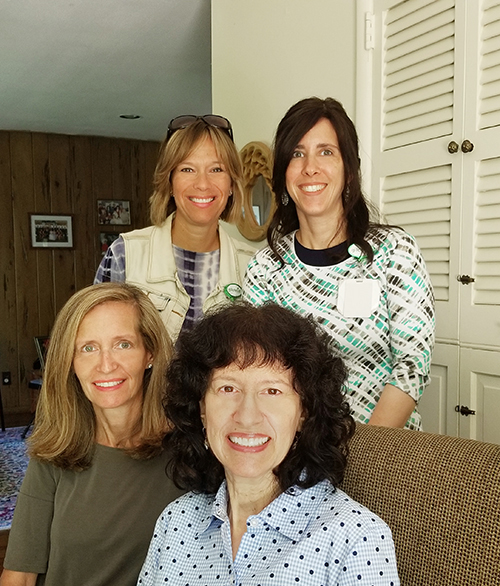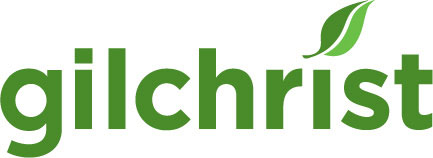Daughters Grateful for Gilchrist’s Jewish Care and Support
Leah Szmidt was a Holocaust survivor who lost an eye in the bombings at the end of World War II. She loved to cook, loved to sing and loved her family. When Leah became seriously ill, she and her family turned to Gilchrist’s Jewish Care and Support program, where they received care from a team of health care professionals with specialized training in Jewish values, rituals and customs.
Before they heard about Gilchrist’s Care and Support Program, Leah and her three daughters thought hospice meant giving up hope and dying in a few days. Leah didn’t even want to hear the word ‘hospice,’ and her daughters didn’t want their mom to know she was dying. But they soon came to realize how powerful hospice could be.
Care That Feels Personal

It gave the family great comfort that their Gilchrist team was familiar with the Jewish customs, values and community that their mother held dear, and provide Jewish Care and Support. The family recounts how wonderful their entire hospice team was, especially their nurse and social work counselor, who were accustomed to caring for Jewish patients and their families. A Gilchrist volunteer for the Jewish Care and Support Program spent hours sharing stories and listening to Leah. “The hospice team was so respectful. They took the time to understand our needs and made it personal,” Leah’s daughters recalled. “They treated Mom with respect until the end.”
The family was also grateful for the respite care Gilchrist provided. A social work counselor made sure their mom received kosher food while the family was away celebrating a family wedding. The little things that were standard work made a big impression on Leah and her family.
Leah loved to sing, and music therapy was the highlight of her week. Her music therapist played Yiddish tunes as Leah sang along in her mother tongue. Her favorite song was “My Yiddishe Mama.”
Coming to Terms With Hospice
Leah was asked by her social work counselor what was most important to her. Leah said, “her girls,” meaning her daughters. Leah was the quintessential “Yiddishe Mama” (Jewish mother).
A Gilchrist rabbi helped Leah come to terms with feelings of guilt about her children caring for her. She felt that, as a mother, it was her job to care for them. The rabbi helped her see that she was giving her children an opportunity to teach the grandchildren about caring for their parents with love, respect and admiration. This made a big impression on Leah and she no longer felt like a burden to her family.
Comforting Rituals
Though most of her care was provided at home, Leah’s last days were spent at Gilchrist Center Towson. On her final day, a rabbi stopped in to visit Leah and her daughters and gave them prayers to say by her bedside. They left the room so their mom’s soul could ‘depart’ and came back to find the door ajar as is customary for a window to be opened after a Jewish person dies. This ritual made the family feel very supported at the time of their mom’s death.
Leah died on July 29, 2017. Her legacy lives on with her beautiful family and her great-granddaughter, who was born in March and named after Leah.
May her memory be a blessing.
About Gilchrist’s Jewish Care and Support Program
Gilchrist’s Jewish Care and Support Program includes all of the components of our hospice care, plus enhancements to ensure that our care of individuals and families is compatible with their religious and cultural beliefs. Each team member has specialized training in Jewish customs and practices, as well as health care decision-making issues that may arise due to concerns with following Jewish law. The Jewish Care and Support Program is overseen by a program manager with deep roots in the Jewish community and an understanding of Jewish law and customs. A rabbi is available for chaplaincy support for all Jewish families.
For those patients who stay at our inpatient center at Gilchrist Center Towson, we offer a beautiful meditation room with a Jerusalem stone wall that mimics the Kotel in Jerusalem, Israel. One may place notes in the crevices of the wall, as is a custom at the “wall” in Jerusalem. There is also a ‘ Ner Tamid” (eternal light) and a permanently affixed mezuzah in the family waiting area as well as the meditation room. Mezuzah and kosher food are available to all Jewish patients on request.
Learn more about Gilchrist’s Jewish Care and Support Program.


